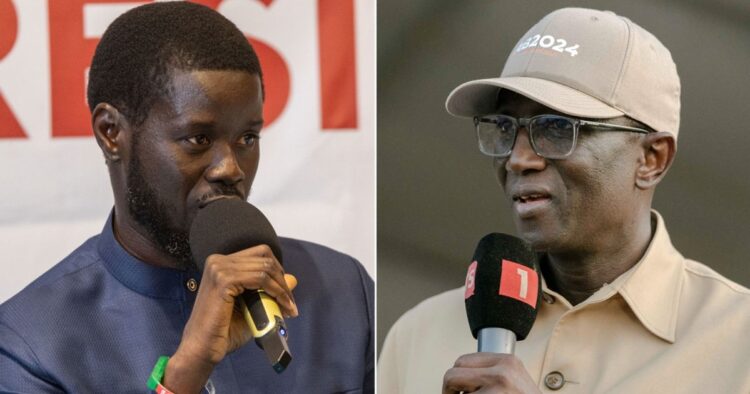Senegalese citizens are gearing up to cast their votes in a crucial presidential election slated for Sunday. This election, which was delayed, has become a significant test for the country’s democracy. Outgoing President Macky Sall, who has led the nation for 12 years, faces the end of his final term, promising a peaceful transfer of power to his successor as per constitutional mandate.
Despite initial attempts to postpone the election, Senegal’s top court intervened, mandating the vote to proceed as scheduled. However, recent protests, marked by street violence and discontent among youths, underscore the tensions surrounding the election process.
A diverse array of candidates, including two former tax inspectors representing both the government and the main opposition coalition, are in contention. However, recent legal challenges have altered the landscape, with prominent opposition leader Ousmane Sonko barred from participating due to a conviction upheld by the Supreme Court.
The frontrunners in this election include Amadou Ba, backed by the ruling coalition, and Bassirou Diomaye Faye, stepping in for Sonko’s sidelined candidacy. Both candidates have limited time for campaigning due to the shortened schedule.
The electorate, largely comprised of Senegal’s youth, seeks solutions to pressing issues such as high unemployment and soaring food prices. Economic concerns, coupled with the challenge of ensuring equitable distribution of emerging oil and gas revenues, dominate the electoral discourse.
With over seven million registered voters, the outcome of the election remains uncertain. Analysts suggest a potential runoff if no candidate secures an absolute majority in the first round. The candidates’ platforms focus on job creation, transparency, and addressing systemic issues like corruption.
Against the backdrop of social unrest and economic instability, Senegal stands at a crossroads as it navigates this pivotal moment in its democratic journey. The outcome of the election will not only shape the nation’s future but also serve as a litmus test for the strength and resilience of its democratic institutions.

















Comments